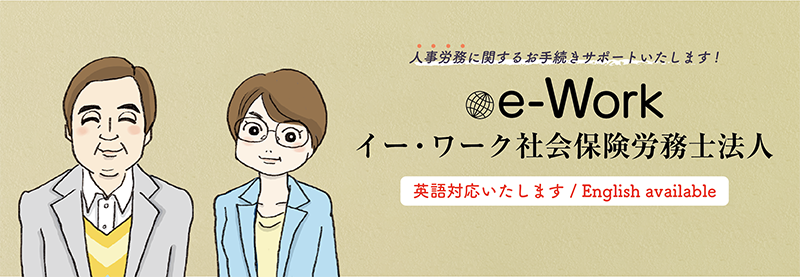Among the so-called annual income barriers, “the 1.3-million-yen barrier” refers to the problem facing workers’ dependent family or category-III insured individuals under the National Health Insurance. If their annual income exceeds 1.3 million yen (*), they have to pay premiums of National Health Insurance and National Pension Program on their own, and their net income declines as a result. Although it is a long-known problem, recent minimum wage hikes highlighted the dilemma, since many part-time workers tried not to work long hours to avoid the payment of insurance premiums. As a solution, the government has been introducing measures to make the recognition of dependent status easier.
* In the case the person is aged 60 or older or has specific disabilities, 1.8 million yen.
[1] Actions against 1.3-million-yen barrier
As a measure against the 1.3-million-yen barrier, the Labor Ministry has notified companies not to disqualify dependent family from insurance coverage immediately, even if their income increased temporarily. In the past, however, companies had to submit copies of the family members’ employment contracts or other supporting documents to prove their situations. It used to take a long time for the recognition or confirmation of dependent status.
To make the recognition or confirmation process easier, the labor authority has begun to use company’s proof of temporary increase in income. Even if part-timers earn more than usual during a busy period, they can ask their employers to issue a document proving that the increase is temporary.
[2] Temporary increase in income
“Temporary increase in income” mostly refers to cases where workers received overtime wages or allowances for working during a busy period. Following are common cases.
Amount of work has increased because other workers left the company.
Amount of work has increased because other workers took a leave of absence.
Amount of work of the entire company has increased because it received more orders.
Amount of work of the entire company has increased because it received a large order unexpectedly.
However, if a worker receives higher wages continuously because the company has raised the worker’s base salary or started to provide new allowances, the case is not considered a temporary increase.
[3] How to provide an employer’s proof
When a company resisters a worker’s family member as a dependent or confirms a dependent family’s eligibility, the company will require documents to check the person’s annual income. In providing the information, the family member may ask their employer to issue a document to prove that their income increased only temporarily (The Labor Ministry provides the format.) and submit it to the worker’s company. Then, the company submits the proof to the insurance association along with other necessary documents.
Since it is the insurance association that makes the final decision, dependent family qualification may not be given, even if a proof of temporary increase in income is submitted. Please also note that a proof of temporary increase may be used up to two consecutive times.
[Reference]
Labor Ministry “Annual income barrier support package”
https://www.mhlw.go.jp/stf/taiou_001_00002.html
*The content is based on laws and regulations as of the date of this article.












